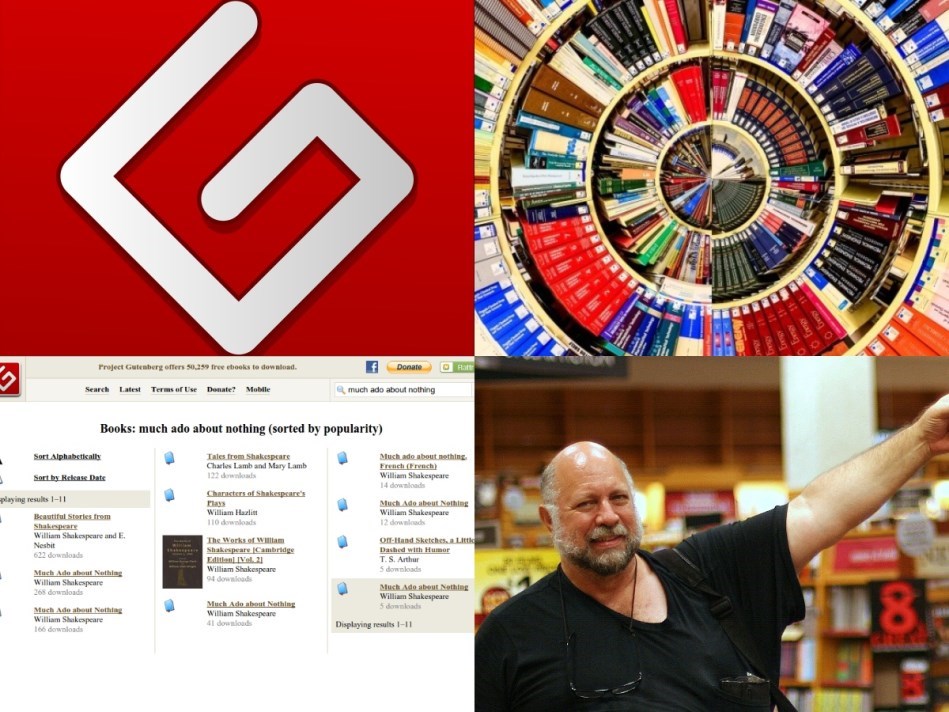Michael S. Hart began Project Gutenberg in 1971 with the digitization of the United States Declaration of Independence. Hart, a student at the University of Illinois, obtained access to a Xerox Sigma V mainframe computer in the university's Materials Research Lab.
.png)
Through friendly operators, he received an account with a virtually unlimited amount of computer time; its value at that time has since been variously estimated at $100,000 or $100,000,000. Hart explained he wanted to "give back" this gift by doing something one could consider to be of great value. His initial goal was to make the 10,000 most consulted books available to the public at little or no charge by the end of the 20th century.

By the mid-1990s, Hart was running Project Gutenberg from Illinois Benedictine College. More volunteers had joined the effort. He manually entered all of the text until 1989 when image scanners and optical character recognition software improved and became more available, making book scanning more feasible. Hart later came to an arrangement with Carnegie Mellon University, which agreed to administer Project Gutenberg's finances. As the volume of e-texts increased, volunteers began to take over the project's day-to-day operations that Hart had run.
.jpg)
Starting in 2004, an improved online catalog made Project Gutenberg content easier to browse, access and hyperlink. Project Gutenberg is now hosted by ibiblio at the University of North Carolina at Chapel Hill.
Most of the items in its collection are the full texts of books in the public domain. The Project tries to make these as free as possible, in long-lasting, open formats that can be used on almost any computer. As of 20 May 2020, Project Gutenberg had reached 62,108 items in its collection of free eBooks.

The releases are available in plain text, but other formats, such as HTML, PDF, EPUB, MOBI, and Plucker are included wherever possible. Most releases are in the English language, but many non-English works are also available. There are multiple affiliated projects that provide additional content, including region- and language-specific works. Project Gutenberg is closely affiliated with Distributed Proofreaders, an Internet-based community for proofreading scanned texts.
According to en.wikipedia








